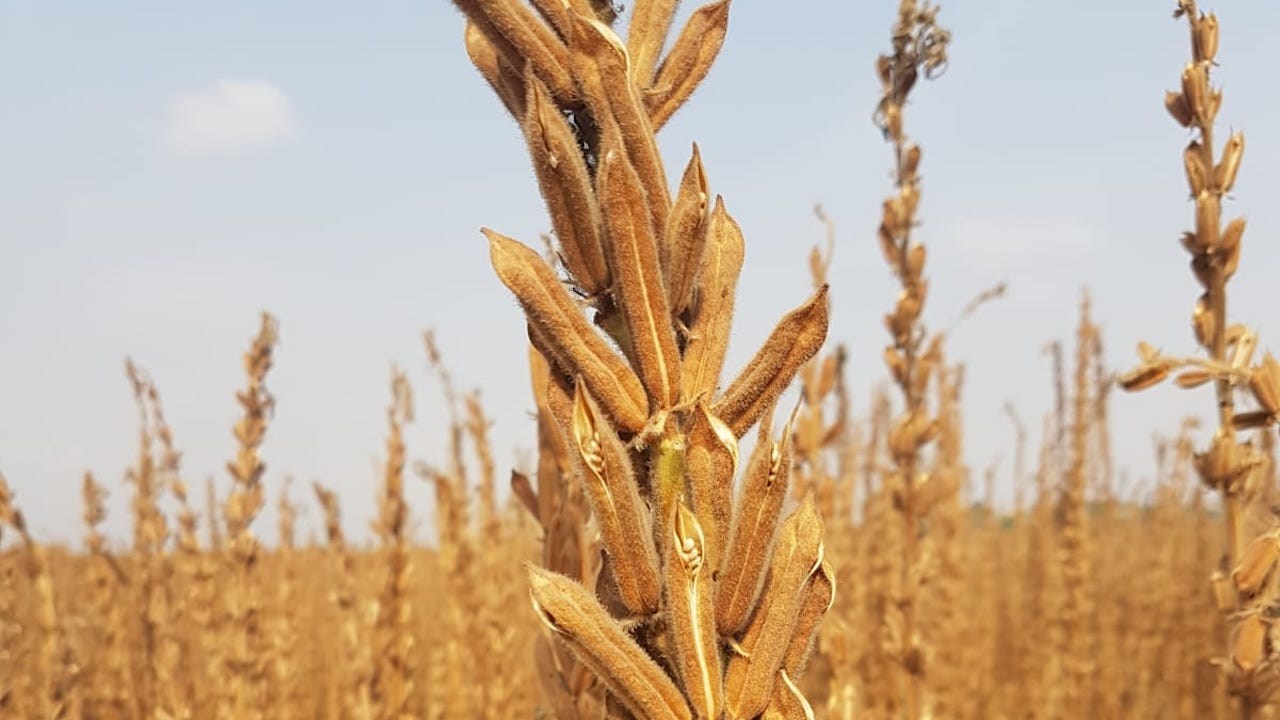Sabra, maker of America’s favorite hummus, announced it will grow a unique variety of non-GMO sesame seeds in the U.S. The first-of-its-kind seed variety was developed by Sabra specifically to bring ideal flavor and texture to tahini, a key ingredient in hummus. A leader in plant-based foods, Sabra has long invested in category growth-driving initiatives and has filed a patent application on the seeds.
“The current global crisis has accelerated many pre-existing trends, one of which is the strategic importance of our complex food supply chain,” said Tomer Harpaz, Sabra CEO. “We believe food companies must play a critical role investing in the sustainability of our food supply and in processing technologies, constantly adding value from the farm to the consumer table. Food companies have a responsibility to make technology investments in their core and sesame has always been core for Sabra.”
Hummus, embraced by consumers seeking flavorful plant-based foods, is made with a blend of chickpeas, ground sesame seeds (tahini), oil and garlic. A high-quality tahini lends rich flavor and creamy texture to hummus. While Sabra sources chickpeas from family-owned farms in the Pacific Northwest, the vast majority of sesame seeds have grown in the U.S. have not met Sabra’s ‘gold standard’ for use in tahini until now.
“Sabra works with U.S. farmers to grow chickpeas for our hummus and we are thrilled that in the near future, we will be sourcing the majority of sesame for tahini from U.S. growers as well,” said Susan Hickey, senior director, procurement and sustainability for Sabra. “The proprietary seeds we developed will not only deliver the flavor and texture we require, but this agricultural innovation will be a long-term differentiator, enabling us to consistently produce an unparalleled superior crop and improve traceability and sustainability across the supply chain as more consumers bring hummus home.”
Both chickpea and sesame crops boast wholesome nutritional profiles, environmental benefits and high-yields making these crops attractive to growers. Legumes are known for nitrogen fixating capabilities and sesame thrives in arid areas, enabling a reduced environmental footprint and low water usage demands. Sabra is currently seeding for the 2020 harvest and expects to yield sufficient supply to produce a portion of tahini for Sabra needs this year.





